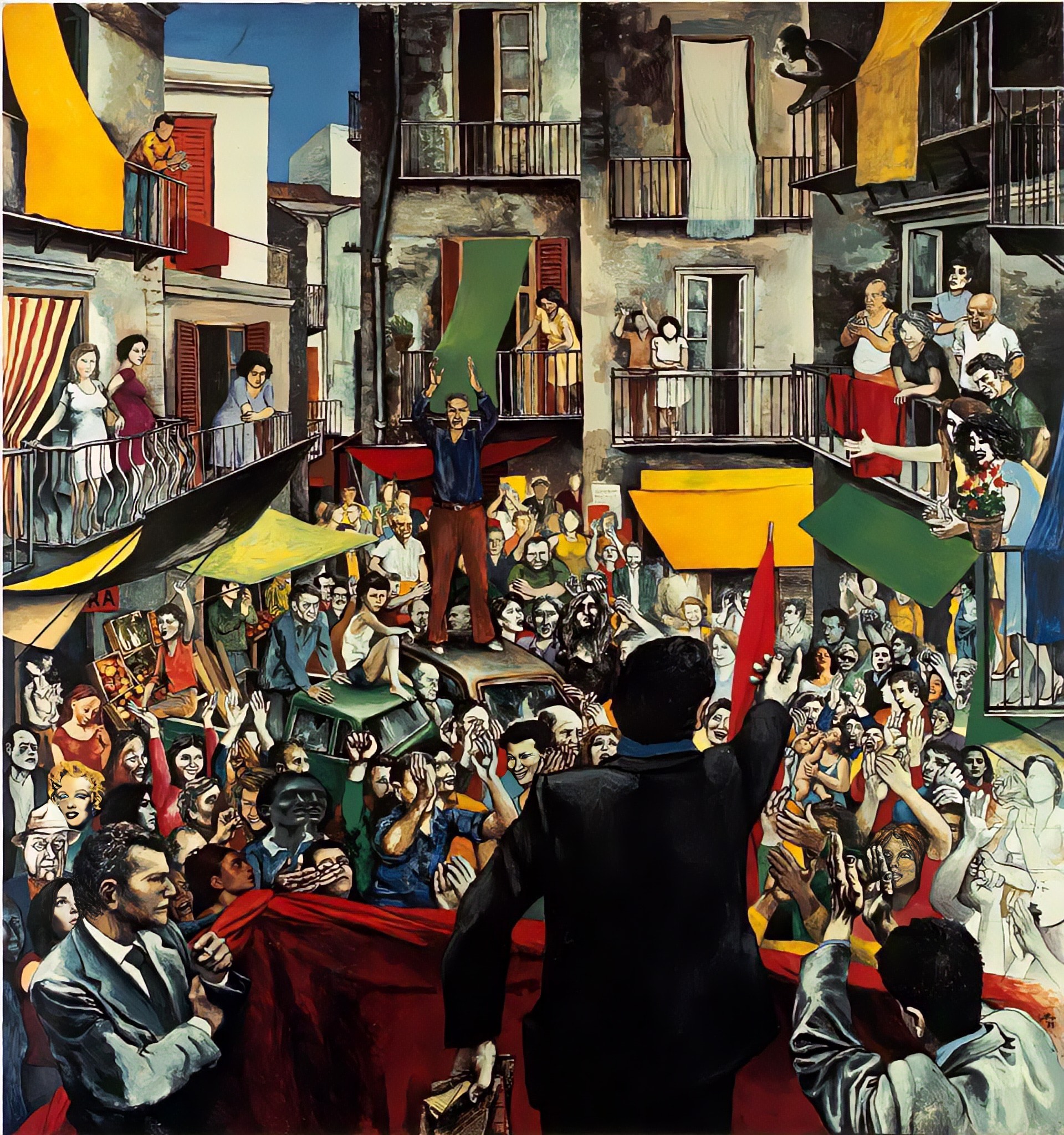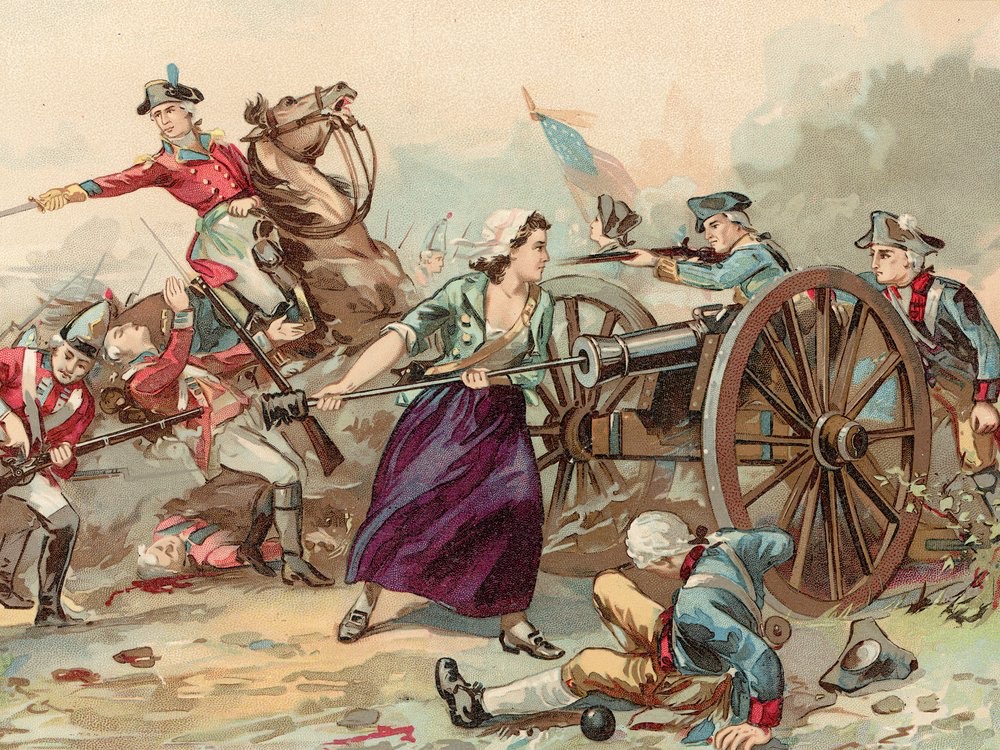Hermeneutics of Praxis
AmirAli Maleki
Translator: Nazanin Nadi
Marxism itself is the shadow of capital, and capital without its own shadow, without its own identity.
This can be called “hermeneutic praxis” because praxisis has an end as a means of meaning that establishes falsehood and right in the realm of everyday analysis where history is present in its discontinuous form.
But according to the discontinuity which, for history, analyzes the good and the inferiority of the contemporary after their primitive conception in the day and puts the chain of identity into the language according to what it needs to be and put into the understanding.
In other words, praxis’ hermeneutics is the path of meaning to be understood, which is not a code, but the emergence of the entirety of the word in its contemporary proper place.
Every word is said in the place where it should be, but it does not take its entirety from the contemporary, In other words, language is formed for something primitive, where the “originality of the word” has been established, i.e., the historical record of the word, which has produced that word and at any time understands in the semantic system in the kind of way it is needed, so that meaning is a positive thing with history and concept, a negation of the entirety of language, which sifts itself in the linguistic time division and forms its timely method of processing.
The hermeneutics of praxis, in principle, is a passive verb that has the power of its entire contemporary time, but according to the circumstances, it censors what was before and acknowledges the momentary need of its hermeneutic, where the highest temporal potential of speech lies in the circumstance of the day.
In other words, wherever it should be, even at this stage [hermeneutic praxisis] may violate its existence, and admit outside the primitive apparatus that it did not exist; as if it were an altruistic criticism and, although he is aware of his being, indoctrinates his own non-existent language in the semantic system, like the knowledge that has been made in the concept of “deconstruction.”
In some way, in his analysis of his particular hermeneutics in deconstruction, Praxis is trying to take a common experience to advance the language, but to his own infringement, just as he sidelines his attempt at the mythological structure to create a new language in order to identify the modern concept of Marxism;
This is precisely where deconstruction finds itself in the analysis of an illusion which cannot be separated from the primitive linguistic concepts; and the originality of the word is where it is expressed in its historical moment, and so it reaches the unity of concept in its antagonism, and is placed in a sphere where it finds a sense of belonging to being and becomes seeing.
Thus, by the day-to-day analysis of the primitive myths of this idea, it will reproduce itself.
In other words, “desecrecy illusion” occurs when language needs to take a moment away from its eternal soul in illusion, in order to reanalyze itself, while it does not know that critical measurement against the dogma of language is carried out by the words of the language itself to redefine itself in the hermeneutic apparatus, or the analysis of language in order to be understood contemporary.
In fact, language is trying to redefine its existence through its own self-generating antagonism, to find out the obsolete vocabulary that has been dimmed in the struggle of modern discourse to redefine the up-to-date social conditions.
In other words, the passivity of language is uncertain and impossible, and what is called passivity is more of an open moment of an ontological transition that leads the mind from the determinations of existence (past) with the dialectic of the day to understand the true hermeneutic nature of praxis; this is the superior quality of language to express itself at the right moment.
It may be that deconstruction, or any other “hyperlingual illusion”, itself takes steps to repay the concept of myth and presents it in a timely way.
If, then, on the left bank of the Seine, at Lord Tocqueville’s house, with the smile of a worker happy with the rebellion on its right, the fear of the family fueled the dismissal of the poor worker, know that, that smile is not a revolutionary specter for changing the entirety of structures, but a joke short of a creditable laugh, which only momentarily affects the Tocqueville family, which in order to dry it must be taken into account the needs of the working day according to the circumstances. And they will redefine themselves.
Derrida cannot be condemned in deconstruction to incontent, but rather her empty promise of vulnerability, which is immune to any danger because of her negligence, should be regarded as a conceptual game that redefines authentic linguistic forms from within their transmissible traditions, through their up-to-date signs.
The language needs to violate its display through its words in order to make sense of itself, as in the case of Derrida, the world can be left waiting for an uncertain promise that is not even known what his name is.(God is called God becuase of a humanic name.)
I do not consider the ghosts of Marxism to be a priority, but rather to say of the “phenomena of Marxism,” which is neither a far-reaching human game nor a pre-apocalyptic concept.
The phenomena of discursive Marxism is a product of capitalism, which, with the periodic expropriation of capitalism, stabilizes the critical language of its needs at moments of stroke; in other words, Marxism is the hermeneutic fragmentation of capitalism, in its form analyzes the timely content of language and periodically emerges as the necessary mechanism of language for self-destruction.
In other words, this phenomenon is the original verb of the language to redefine its own words within itself, and somehow by demythizing the language, it tries to define those myths in an up-to-date position.
Let us say that the words of Marxism in the direction of criticism of language never become obsolete, since it is derived from the same up-to-date language and criticizes its own language in order to redefine it in the context of society.
Marxism itself is the unique contradiction of language and borrows words from itself to redefine itself. Thus, the hermeneutic praxis, after the emergence of Marxism, analyzes the language of discourse conflict and internalizes criticism in terms of conditions.
In other words, Marxism is the most suitable tool for internalizing the objects of the existence of capital.
Thus, that rat is progressive thought, the sorrow of capital, and the joy of hope for change, but all are the same words that point to a single thing from different places.۱“Although the mouse and the angel and the sadness and joy are the same attachment to God, one cannot therefore regard the mouse as an angel and sorrow as joy.”_ Espinoza, Letter 23. Benedict de Spinoza, The collected works of Spinoza, Ed. And trans. Edwin Curley _ Princeton, NJ: Princeton University Press, 1985, p.389
#AmirAli_Maleki #modern_philosophy #iran_philosophy #new_philosopher



